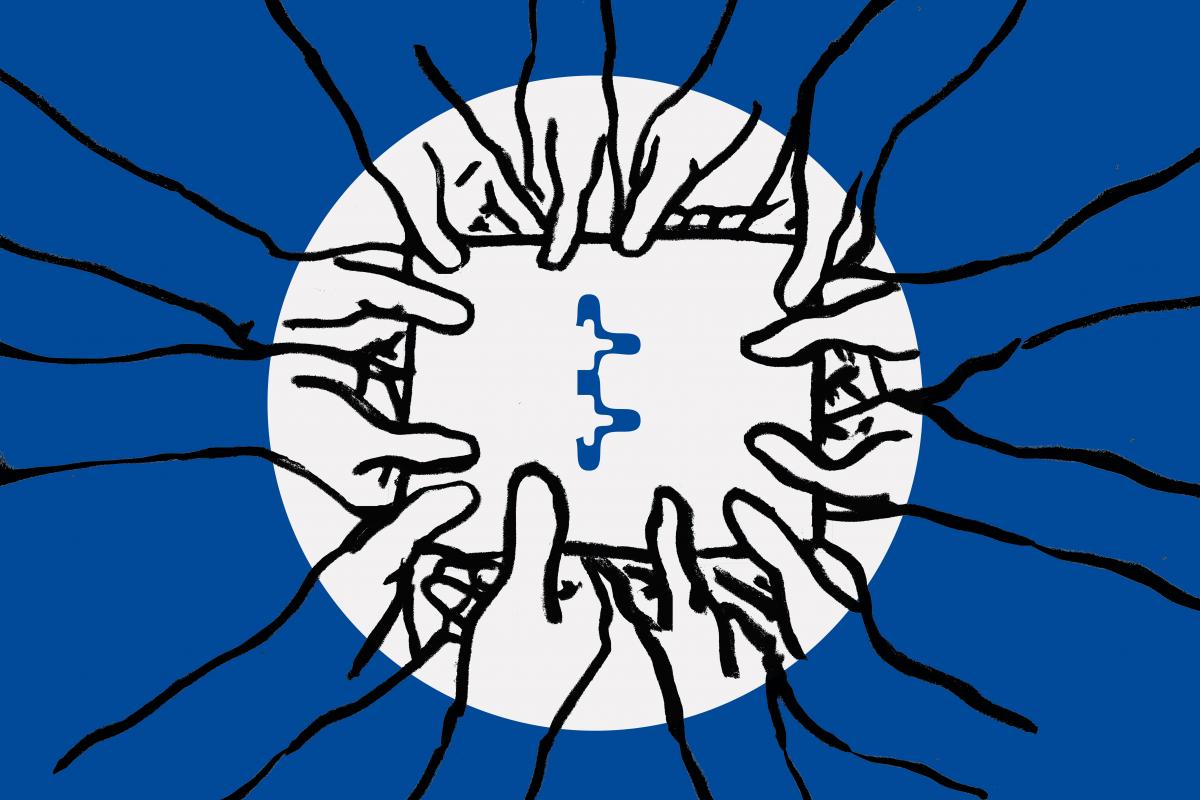Readings for Art Users #3: The Other Art and Knowledge: How to Cooperate with Outsiders?
Wednesday, February 24, 6:00PM
Presenters: Zofia Płoska, Małgorzata Szaefer, Tomasz Rakowski
Auditorium of the Emilia Pavilion
Museum of Modern Art in Warsaw, Emilii Plater 51
The seminar will focus on the relationship between academic or artistic experts and social outsiders. The discussion will refer to the curatorial strategies of the exhibition Why We Have Wars and the ethnographic project The History of Sociological Thought in Broniów.
The cooperation with outsiders will be analyzed as a mode of representing creativity and reflection of people who act at the peripheries of dominant culture. Key to the analysis is the shift away from socially engaged art projects, which try to encourage the participation of disadvantaged communities. A fundamental question will be raised: How is it possible to present the worldview and activities of outsiders, while avoiding a reductionist or paternalistic position. In other words, how does one avoid the eroticization of the Other and, equally, how is it possible to surpass a concept of “naïve” art as defined in contrast to expert culture? The discussion will refer to the writing of Mieke Bal, which points towards paradigmatic differences between the art institution and the ethnographic museum, and a paper by Christian Berst, in which he describes dilemmas related to the presentation of outsider art. Tomasz Rakowski, an anthropologist and the curator of The History of Sociological Thought in Broniów, will present his project, which will serve as a practical example of the aforementioned curatorial strategies.
The texts discussed during the third seminar include: Dyskurs muzeum by Mieke Bal, Exhibiting Art Brut by Christian Berst, and Alternatywne historie myśli socjologicznej. Działania, imaginacje, pragnienia by Tomasz Rakowski.
The texts in Polish will be distributed a week before the seminar in response to an e-mail sent to zapisy@artmuseum.pl titled Czytanki dla Użytkowników Sztuki. In addition, printed copies will also be available at the front desk of the Museum of Modern Art in Warsaw at Pańska Street 3. The meeting will be conducted in Polish in the auditorium located at the first floor of the Emilia Pavilion.
Information about Readings for Art Users
The team of the Free/Slow University of Warsaw welcomes you to a new series of seminars accompanying the exhibition Making Use: Life in Postartistic Times. With reference to the legacy of flying universities, F/SUW organizes a series of self-educational meetings for users of art. Readings’ participants will assemble a theoretical toolkit, which will enable them to operate freely within a vocabulary and concepts crucial for understanding the role and position of art in the contemporary world.
Seminars will refer directly to the exhibitions organized simultaneously at the Museum of Modern Art in Warsaw (Making Use, Why We Have Wars, Bread and Roses), grounding theoretical reflection in the most recent curatorial and artistic developments. The cycle will serve as a discursive platform, taking on such questions as: What is the use value of art? Is art purposeless? What does making use mean in such a context? Are we living in postartistic times? Does an avantgardistic dream of fusing art with life remain an unreachable horizon? Can art facilitate radical changes in society and everyday life? What is artistic competence? How does this extend to other domains of life? What kind of plausible art worlds are there? What is the value of institutions sustaining artistic autonomy? Is the art world capable, and under which conditions, to empower disenfranchised communities? What brings together DIY enthusiasts with hackers? What kind of work is being conducted by users of social media?
Readings for Artusers has been conceptualized and organized by: Sebastian Cichocki, Joanna Figiel, Michał Kozłowski, Zofia Płoska, Tomasz Rakowski, and Kuba Szreder

